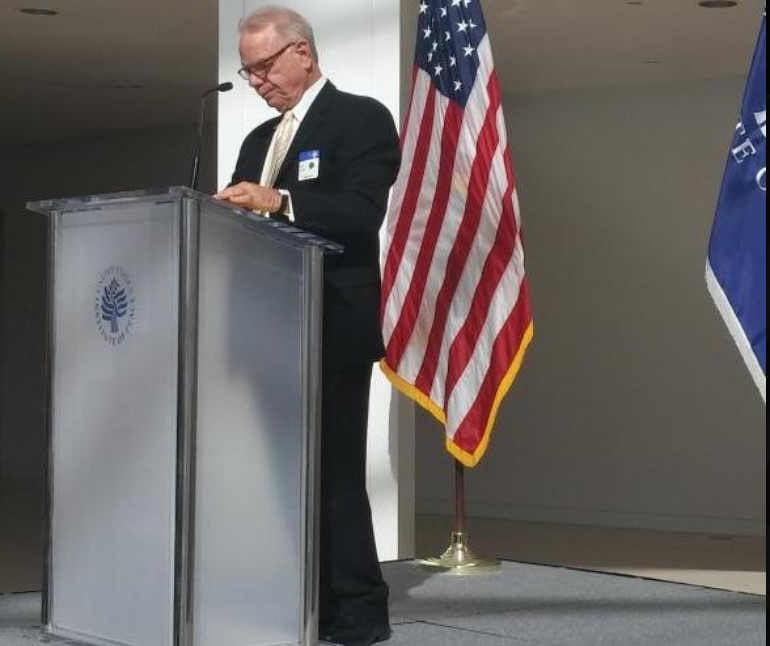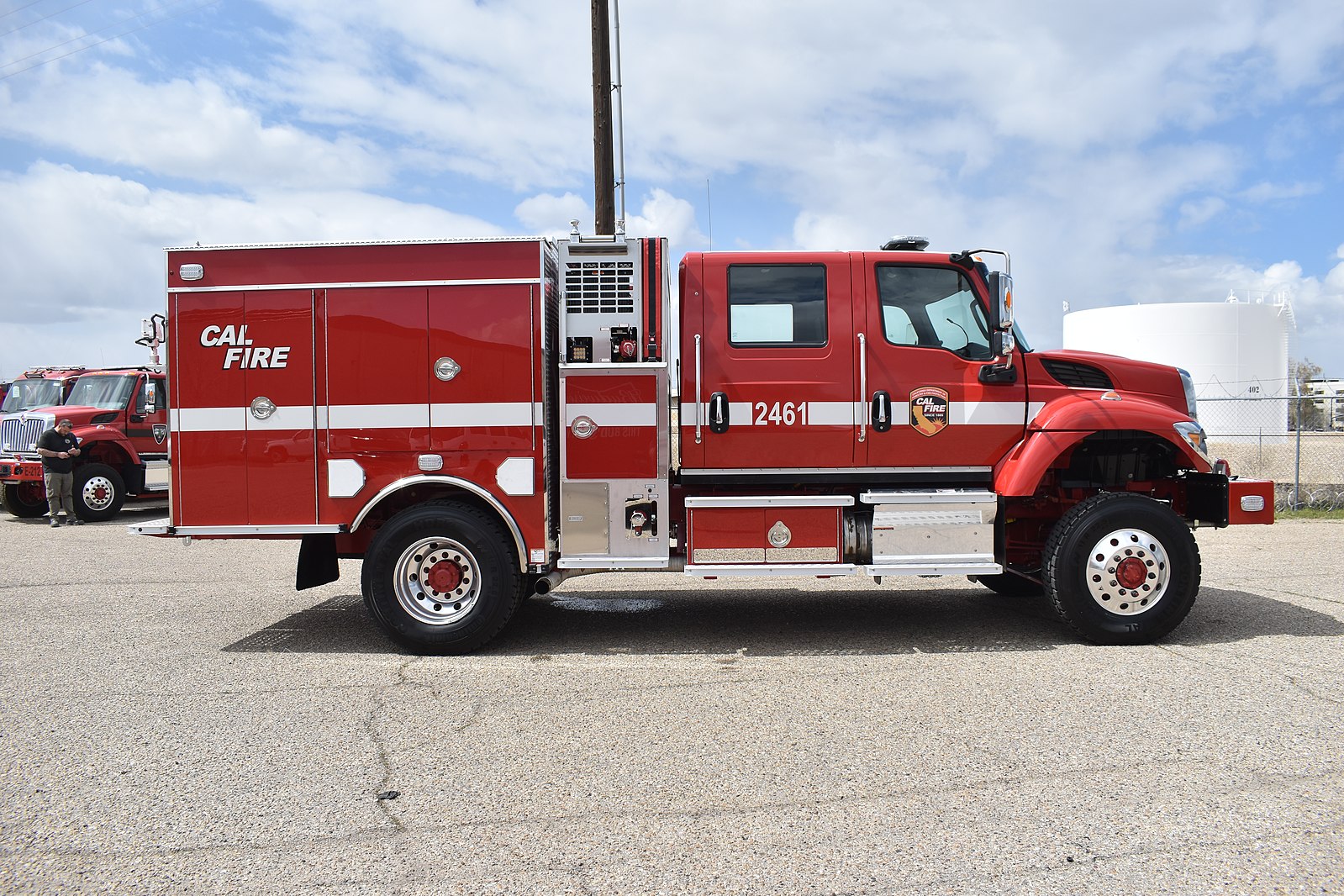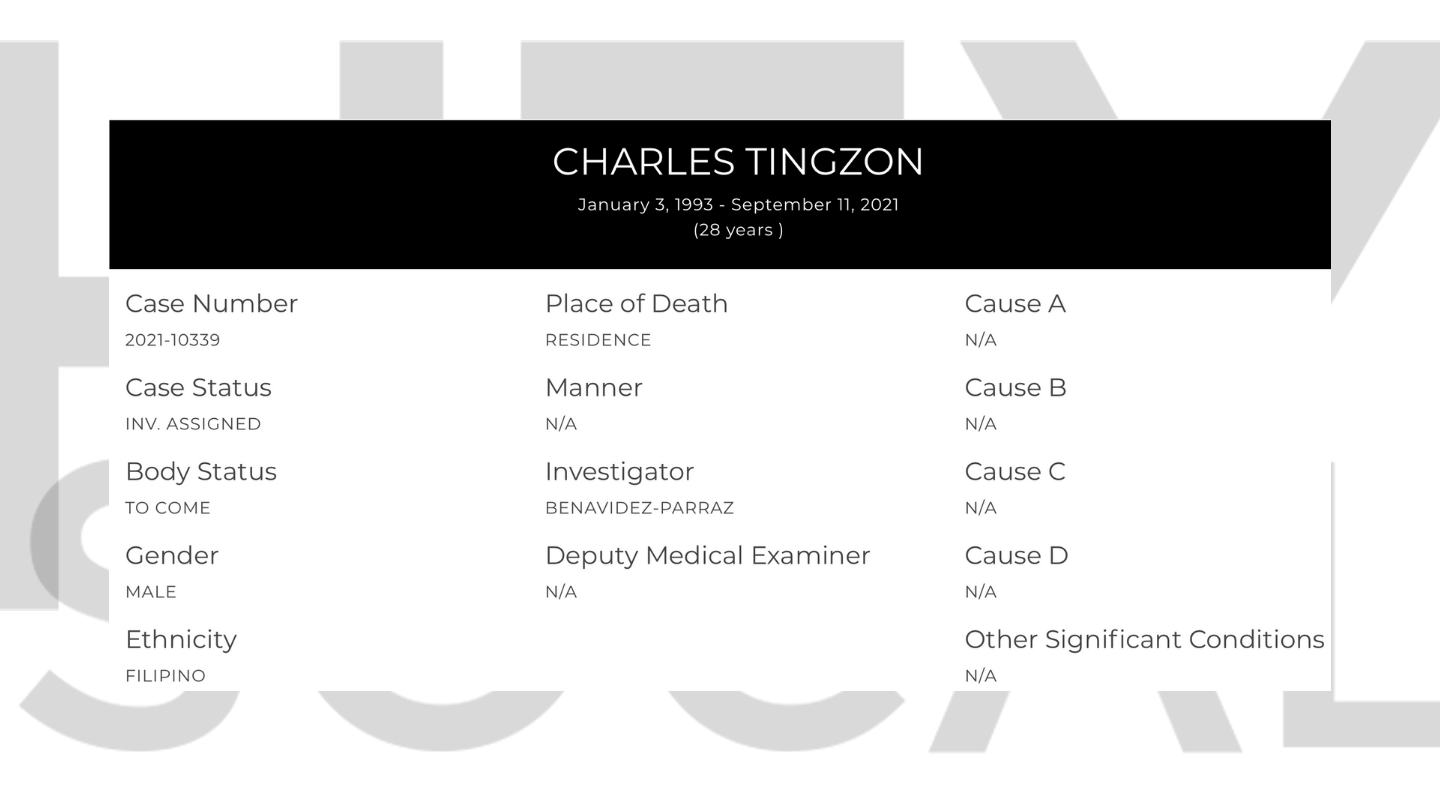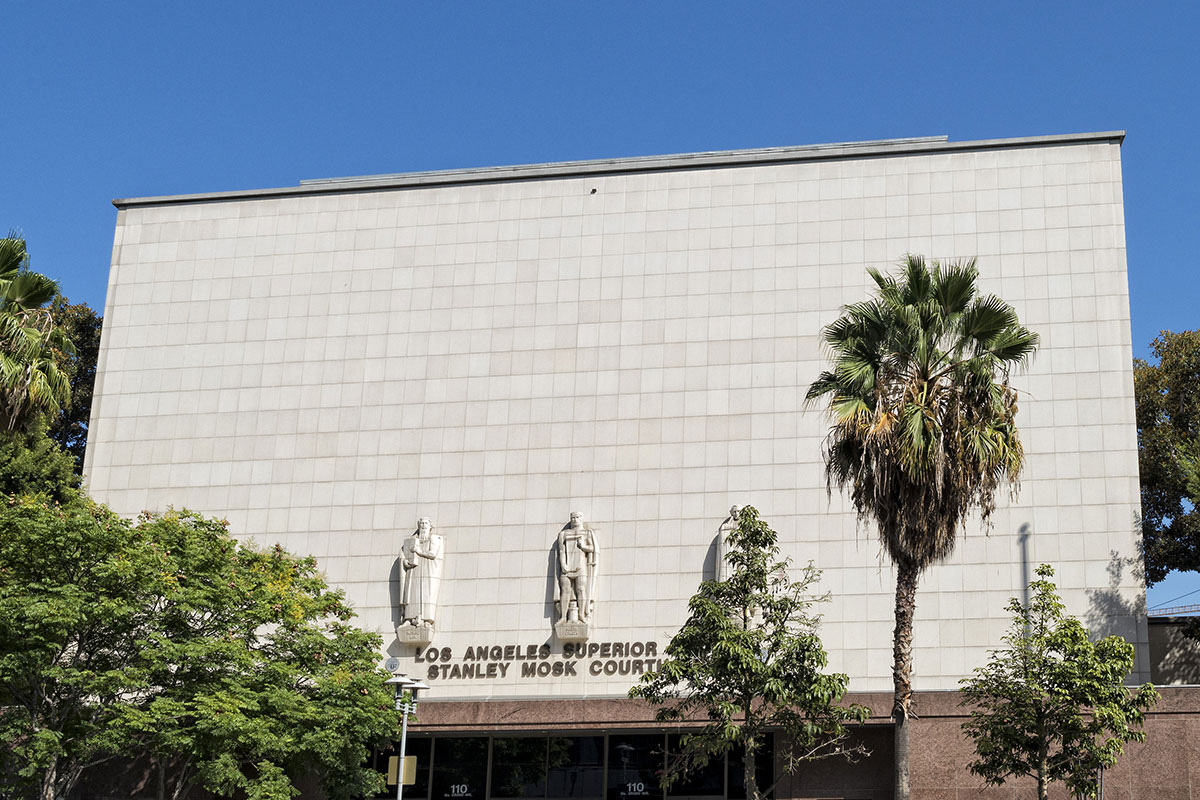A consolidated lawsuit brought against a security guard service by parents whose 24-year-old daughter was killed after falling onto tracks and being hit by a train at the Sylmar Metrolink station can proceed to trial, a judge ruled Monday.
Los Angeles Superior Court Judge Audra Mori finalized a tentative ruling she issued Friday in which she denied a motion by Paramount-based RMI International Inc. to dismiss the litigation that was initially filed separately by Gregory Smith and Jennifer Lee Miller and later merged into one complaint.
The couple’s daughter, Felicia Elizabeth Smith of Long Beach, was struck by Palmdale-bound Metrolink Train 285 at the station in the 12200 block of Frank Modugno Drive at about 6 p.m. on April 16, 2018.
Felicia Smith died at the scene. She had been facing the tracks and turned, slipped and fell backward from the platform, Lt. Paul McLaughlin of the Los Angeles Police Department’s Mission Station said previously. According to the suit, she was waiting for a northbound Metrolink train when she began to lose consciousness and unknowingly entered the yellow zone at least twice as the train approached.
A man who witnesses said was Smith’s boyfriend jumped onto the tracks and tried to pull her to safety, but was only able to move her a short distance before he had to jump out of the way of the oncoming train, McLaughlin said.
RMI International was responsible for public safety at the Sylmar station and required to have security guards patrol the station to warn passengers to keep away from the yellow danger zone on the platform, the suit states. The company also was obligated to alert those operating Metrolink trains of any potential dangers, hazards and conditions at the station that might put passengers and other in harm’s way as trains approached and left the station, the suit states.
Security guards were not patrolling and monitoring the platform when the incident happened even though there was a regularly scheduled Metrolink train en route, according to the suit.
“As such, nothing was done to warn Felicia Elizabeth Smith that she had entered a location that put her in grave peril,” the suit states. “Moreover, nothing was done to remove her from that location and/or to warn or alert the engineer of the approaching Metrolink train that a passenger on the platform was experiencing a medical condition.”
RMI International lawyer Ron Chaplin argued Monday that security guards are not trained to evaluate medical conditions, but instead to make sure people stay a safe distance away from an oncoming train. Therefore, it would not have made any difference if a guard was in the woman’s immediate vicinity, said Chaplin, who called the woman’s death an “admittedly tragic accident.”
But in her tentative ruling, the judge said there is a triable issue as to whether RMI was negligent.
“Had the security guard been present on the platform when the train was arriving, as the guard was required to be, he may have recognized (Felicia Smith) was experiencing a medical issue … only minutes before a train was scheduled to arrive,” Mori wrote. “The security guard could have ensured (Felicia Smith) was far away from the edge of the platform if he had been at his required post at the time.”
Mori, who further wrote that she viewed video footage of the incident provided by RMI International and said that she spent considerable time writing her ruling, concluded that it would “not be speculative to conclude the presence of the security guard would have prevented the incident or ensured (Felicia Smith) was a safe distance away from the edge of the platform.”






